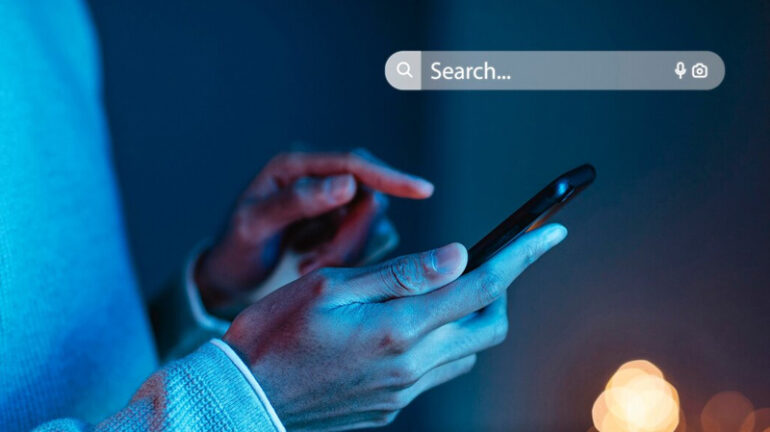
WhatsApp has evolved beyond a personal messaging app to become a powerful marketing tool for businesses. However, like any marketing strategy, there are essential do’s and don’ts to consider when using WhatsApp for marketing. In this blog, we’ll explore the best practices that can help you make the most of WhatsApp marketing while avoiding common pitfalls.
The Do’s of WhatsApp Marketing:
Obtain Consent: Always obtain explicit permission from your contacts before sending marketing messages. Consent is key to maintaining a positive reputation.
Personalization: Customize your messages to make them more personal and relevant to the recipient. Address them by their name whenever possible.
Value-Centric Content: Share content that provides value to your audience, such as exclusive offers, product updates, or helpful tips related to your industry.
Segment Your Audience: Divide your WhatsApp contacts into segments based on their interests and behavior. Send tailored messages to each group.
Engage with Two-Way Communication: Encourage interaction by enabling replies, answering queries promptly, and fostering meaningful conversations with your audience.
Use WhatsApp Business: If you’re a business, leverage WhatsApp Business, a dedicated platform with features designed for marketing and customer support.
Timing Matters: Send messages during appropriate times to maximize open rates and response rates. Avoid late-night messages that may be considered intrusive.
The Don’ts of WhatsApp Marketing:
Spamming: Never bombard your contacts with unsolicited messages. This can lead to users blocking your number and damaging your brand’s reputation.
Bulk Messaging: Avoid sending the same generic message to your entire contact list. It lacks personalization and can be seen as spam.
Misleading Content: Do not use deceptive tactics or false information to entice clicks. Honesty and transparency build trust.
Ignoring Unsubscribers: Respect the wishes of users who want to opt-out of your marketing messages. Failing to do so can lead to legal issues.
Overuse of Automation: While automation can be helpful, don’t rely too heavily on it. Balance automated messages with human interaction to maintain a personal touch.
Ignoring Privacy Regulations: Ensure compliance with privacy laws and regulations such as GDPR. Protect your users’ data and privacy.
Using WhatsApp for Unsuitable Content: WhatsApp is not the platform for every type of content. Avoid controversial, offensive, or inappropriate material.
WhatsApp marketing, when done right, can be a highly effective way to connect with your audience and build customer loyalty. By following the do’s and avoiding the don’ts, you can harness the potential of this platform while maintaining a positive image for your brand. Always remember that permission, personalization, and value are key to successful WhatsApp marketing campaigns.